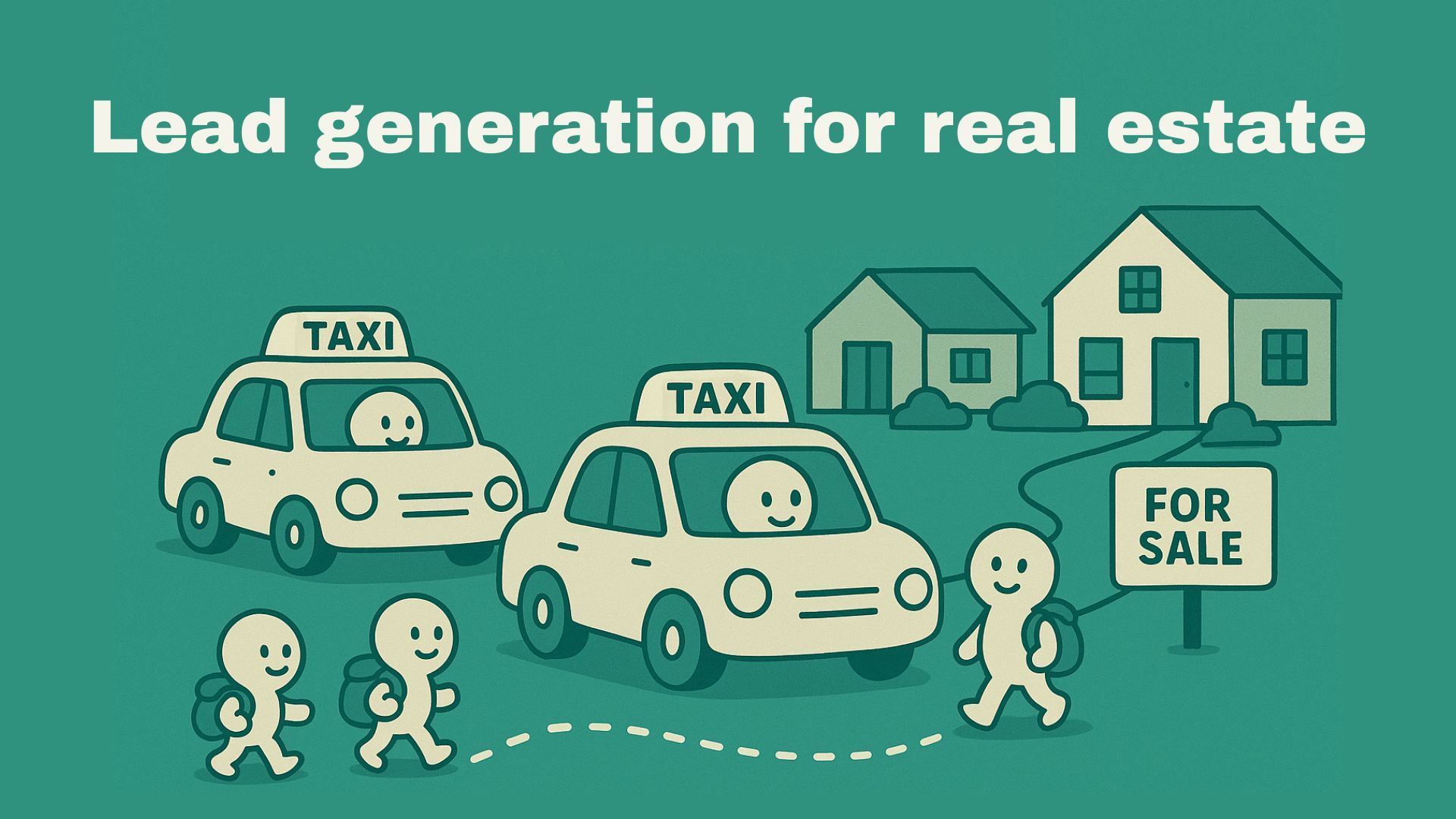

Selling is an art that pays extremely well. These are some current job openings in the US, with salaries ranging from $100,000 to $350,000. Add commissions to this, and sales become one of the most lucrative career options.

As the backbone of revenue generation, companies are willing to pay premium salaries to skilled professionals working in sales. However, landing such roles or climbing the ladder in your current company requires more than ambition. It demands exceptional sales skills.
These skills are the key differentiator between someone struggling to close deals and someone consistently exceeding targets.
This blog shares the top sales skills you need to become a successful salesperson.
Let’s dive in.
What are Sales Skills?
Sales skills are the abilities and knowledge a salesperson uses to connect with customers, address their needs, and ultimately close deals.
These skills influence how effectively a salesperson communicates, determine how well they adapt to different scenarios, and leverage tools to achieve their goals.
For someone working in sales, these skills can be categorized into three main groups: Customer-Facing Sales Skills, Soft Skills, and Hard Skills. Each plays a critical role in a salesperson’s overall success.
- Customer-facing sales skills: These include active listening, communication, and negotiation. These skills help build trust, address customer needs, and close deals efficiently.
- Soft skills: Empathy, adaptability, and time management improve a salesperson’s ability to handle challenges, build relationships, and stay motivated.
- Hard skills: Proficiency in CRM software, data analysis, and presentation skills allows salespeople to work efficiently and make data-driven decisions.
Core Sales Skills Every Salesperson Needs

Top customer-facing sales skills ⬇️
1. Active listening
Active listening is more than just hearing what a customer is saying. It involves fully understanding their needs, asking clarifying questions, and demonstrating empathy. By focusing on the customer’s words and nonverbal cues, you can uncover pain points and tailor your pitch effectively.
2. Effective communication
Conveying your ideas clearly, concisely, and persuasively is crucial in sales. Effective communication involves choosing the right tone, being confident, and simplifying complex ideas for the customer. Good communication also includes nonverbal skills, like maintaining eye contact and using positive body language.
3. Negotiation and persuasion
Negotiation is about reaching a win-win agreement, while persuasion involves encouraging the customer to see the value in your product or service. Both require confidence, a deep understanding of the product, and the ability to handle objections gracefully.
4. Product knowledge
A deep understanding of your product or service is vital to answering customer questions confidently. Product knowledge helps you demonstrate how the features and benefits align with the customer’s needs.
5. Objection handling
Objections are a natural part of the sales process. Effectively handling them involves empathizing with the customer’s concerns, providing solutions, and steering the conversation back to the product’s value.
6. Relationship building
Sales are not just about transactions; they’re about building long-term relationships. By building trust and rapport, salespeople can encourage repeat business and referrals.
7. Lead qualification
Lead qualification involves identifying potential customers who are most likely to buy. Focusing on prospects with the highest chance of converting saves time and resources.
Top soft skills for sales professionals ⬇️

1. Empathy
Empathy is the ability to understand and share the feelings of others. In sales, it means putting yourself in customers' shoes, understanding their challenges, and genuinely caring for their concerns. Empathy builds trust and fosters stronger connections.
2. Adaptability
Adaptability is the ability to adjust your approach based on changing circumstances or different customer personas. Every client is unique, and being flexible allows you to effectively meet their specific needs.
3. Time management
Time management is crucial for juggling multiple leads, meetings, and follow-ups. Prioritizing tasks and organizing your day ensures you focus on high-value activities that drive results.
4. Effective communication
Conveying your ideas clearly, concisely, and persuasively is crucial in sales. Effective communication involves choosing the right tone, being confident, and simplifying complex ideas for the customer. Good communication also includes nonverbal skills, like maintaining eye contact and using positive body language.
5. Resilience
Resilience is the ability to bounce back from rejection and setbacks, which are inevitable in sales. A resilient salesperson stays motivated and continues to improve their approach despite challenges.
6. Emotional intelligence
Emotional intelligence (EQ) involves recognizing, understanding, and managing your emotions and those of others. High EQ helps salespeople navigate complex client interactions and build meaningful relationships.
7. Problem solving
Problem-solving is the ability to identify challenges and provide creative, tailored solutions. It requires critical thinking and a deep understanding of your product and the customer’s needs.
8. Team collaboration
Sales is often a team effort, requiring collaboration with marketing, customer support, and product teams. Effectively working with colleagues ensures a seamless customer experience and maximizes overall results.
Top hard skills for sales professionals ⬇️

1. CRM software proficiency
Proficiency in CRM (Customer Relationship Management) software is essential for organizing and tracking leads, managing customer data, and automating follow-ups. It enables salespeople to streamline their processes and improve customer interactions.
2. Data analysis
Sales professionals must analyze data to understand customer behavior, track KPIs, and refine strategies. Data analysis helps them make informed decisions and identify growth opportunities.
3. Digital literacy
Understanding digital tools and platforms is critical in today's digital age. Digital literacy includes familiarity with social media, email marketing tools, and virtual communication platforms.
4. Project management
Project management skills help salespeople efficiently handle multiple tasks, timelines, and resources. This is particularly important when managing large accounts or complex sales cycles.
5. Product knowledge
A deep understanding of your product or service is vital to answering customer questions confidently. Product knowledge helps you demonstrate how the features and benefits align with the customer’s needs.
6. Presentation skills
The ability to create and deliver engaging presentations is critical in sales, especially during pitches or product demonstrations. Clear, compelling presentations can help convey value and win over decision-makers.
7. Technical product knowledge
Sales professionals need in-depth knowledge of their products' technical aspects, especially when selling software, hardware, or other specialized solutions. This expertise helps them answer customer queries confidently.
8. Sales forecasting
Sales forecasting involves predicting future sales based on historical data, market trends, and pipeline progress. Accurate forecasting helps set realistic goals and effectively plan resources.
How do you develop top sales skills?
Practical tips for improving each category of skills:
- Customer-Facing Sales Skills: Role-playing exercises, shadowing experienced salespeople, and practicing sales pitches.
- Soft Skills: Mindfulness exercises for empathy, adaptability training, and time management tools.
- Hard Skills: CRM and data analysis training, technical certifications, and presentation workshops.
Conclusion
Becoming a successful salesperson means balancing customer understanding with technical expertise. Build trust through empathy, refine your communication and negotiation skills, and stay adaptable to customer needs.
Use tools like CRM software and data analysis to make informed decisions. Continuously improve these skills, and you’ll see your sales results and customer relationships flourish.
Heading text
Nunc sed faucibus bibendum feugiat sed interdum. Ipsum egestas condimentum mi massa. In tincidunt pharetra consectetur sed duis facilisis metus. Etiam egestas in nec sed et. Quis lobortis at sit dictum eget nibh tortor commodo cursus.
Odio felis sagittis, morbi feugiat tortor vitae feugiat fusce aliquet. Nam elementum urna nisi aliquet erat dolor enim. Ornare id morbi eget ipsum. Aliquam senectus neque ut id eget consectetur dictum. Donec posuere pharetra odio consequat scelerisque et, nunc tortor.
Nulla adipiscing erat a erat. Condimentum lorem posuere gravida enim posuere cursus diam.
.svg)






